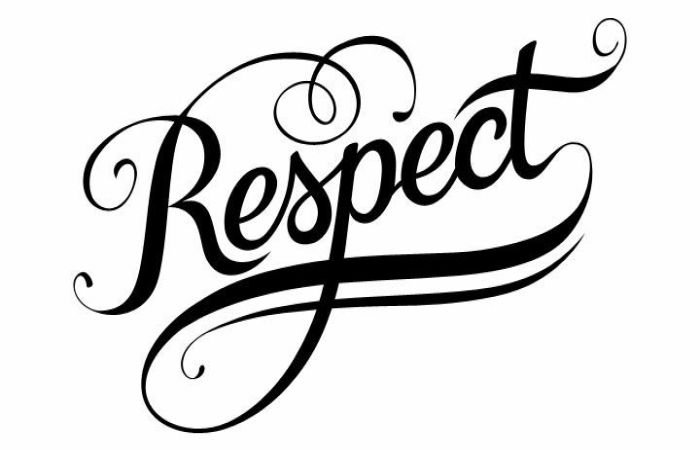
The Significance of Respect in Our Lives.
The Significance of Respect in Our Lives
Respect is a fundamental value that profoundly influences our interactions and relationships with others. It encompasses more than just politeness; it involves recognizing the inherent worth and dignity of every person, irrespective of their background, beliefs, or opinions. In a world that can often seem divided, embracing the principle of respect can foster a more harmonious and understanding society.
Understanding Respect
At its essence, respect means valuing others and treating them with care. This entails listening to their viewpoints, acknowledging their feelings, and embracing their differences. When we show respect, we affirm each person's right to be themselves and express their thoughts. This does not require us to agree with everyone, but it does necessitate approaching conversations with an open mind and a genuine desire to understand.
Advantages of Practicing Respect
- Strengthening Relationships: Demonstrating respect toward others leads to deeper, more meaningful connections. People are more inclined to share their thoughts and emotions with those who treat them with kindness and consideration. In both personal and professional spheres, respect contributes to improved teamwork, collaboration, and trust.
- Fostering a Positive Atmosphere: Whether at home, school, or work, an environment grounded in respect encourages positivity and productivity. When individuals feel valued, they are more engaged and motivated. Conversely, a lack of respect can breed tension, misunderstandings, and conflict.
- Encouraging Understanding and Acceptance: Respect helps us appreciate and embrace diversity. In our increasingly multicultural society, it is vital to understand various perspectives and cultures. By practicing respect, we can break down barriers and combat prejudice and discrimination.
- Improving Communication: Open and respectful dialogue is essential for resolving conflicts and misunderstandings. Approaching conversations with respect increases the likelihood of active listening and thoughtful responses, leading to more productive discussions and fewer unnecessary arguments.
Ways to Demonstrate Respect
Respect can be expressed in numerous ways, often beginning with simple actions:
- Listen Actively: When someone speaks, give them your full attention. Put away distractions, maintain eye contact, and show that you value their words.
- Recognize Differences: Understand that each person has unique experiences and viewpoints. Instead of dismissing differing opinions, strive to comprehend the other person's perspective.
- Practice Courtesy: Basic manners, such as saying “please” and “thank you,” can significantly demonstrate respect. Treat others as you wish to be treated.
- Avoid Judgments or Stereotypes: Refrain from making assumptions about individuals based on their appearance, background, or beliefs. Give everyone a fair opportunity to express themselves.
- Support Others: If you witness someone being disrespected, speak up. Standing up for others not only shows respect but also sets a positive example for those around you.
Final Thoughts
Respect is a vital value that can transform our relationships and interactions. By incorporating respect into our daily lives, we strengthen connections, foster a positive atmosphere, and promote understanding and acceptance. In a world that often appears divided, embracing respect can help us create a more inclusive and harmonious society. Each individual has the ability to make a difference by demonstrating respect to others, regardless of how small the action may seem. Let us commit to treating everyone with the dignity they deserve, working together to build a better world.
Comment
Maria Rabia Ferdjallah
I like the topic you have a great ideas to make a good environment without problems 🫶🏼🤍
Ema Zemirli
This is a great reminder that respect is about valuing others and listening. Small actions like kindness and understanding can make a big difference. If we all showed more respect, life would be better for everyone.
Dina Belkacem
Respect is very important in our life without respect we don t have life















